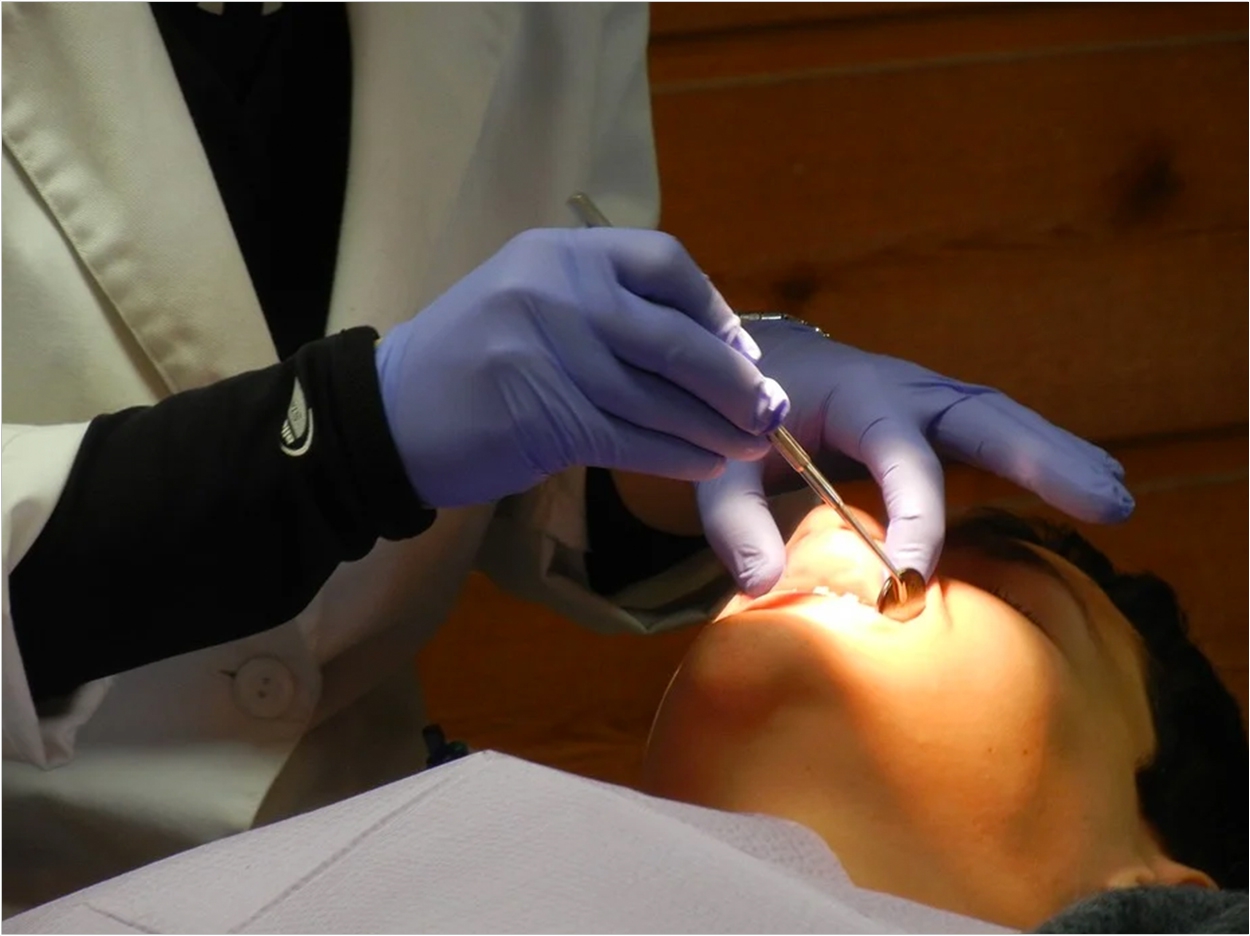
Soosan Ghazizadeh, PhD, has received $431,899 from the National Institute of Dental and Craniofacial Research to investigate how to regenerate salivary glands and restore their function.
According to Ghazizadeh, a professor in the Department of Oral Biology and Pathology at the Stony Brook University School of Dental Medicine, millions of Americans currently suffer from the loss of salivary gland function, affecting oral health and overall quality of life.
Beyond xerostomia, decreased saliva can be harmful to the teeth and gums, potentially leading to permanent tooth loss. Saliva also plays a vital role in eating, from chewing and swallowing to digestion.
Ghazizadeh has found that the stimulation of mature cells neighboring the saliva-producing cells, or acini, indicates that other cell types can be repurposed to help produce saliva.
Without having to bring new cells to the area, Stony Brook said, there is an opportunity to harness cell plasticity to enhance regeneration of saliva-producing cells for the effective restoration of salivary function innately.
The regeneration of salivary gland secretion would greatly benefit patients suffering from dry mouth symptoms including those undergoing various cancer therapies, Stony Brook said, taking one of the hundreds of medications that cause dry mouth, suffering from nerve damage, or diagnosed with health conditions including diabetes, stroke, autoimmune diseases, and Sjogren’s syndrome.
“Almost a quarter of the world’s population suffers from dry mouth symptoms. Translation of Dr. Ghazizadeh’s research findings will positively impact a large portion of the population,” said Dr. David K. Lam, interim associate dean for research for the School of Dental Medicine.
“In my roles as a cancer surgeon and oral and maxillofacial surgeon, I see firsthand the negative repercussions that dry mouth can have on the lives of some of our most vulnerable patients,” said Lam.
Present treatments for dry mouth are limited, Stony Brook said, especially for patients with permanent damage to the salivary glands. Over the counter solutions like mouthwashes or saliva substitutes may help, Stony Brook said, but they only provide temporary relief.
“The causes of limited saliva production and associated dry mouth are vast,” said Ghazizadeh. “Furthermore, the long-term impacts can be debilitating, from changing eating patterns to tooth loss. The restoration of gland function may offer an effective treatment option for patients with salivary dysfunction.”
Related Articles
Artificial Salivary Gland Gains Patent
Researchers Create Functional Salivary Gland Organoid
Xerostomia Therapy Taps Minor Salivary Glands












